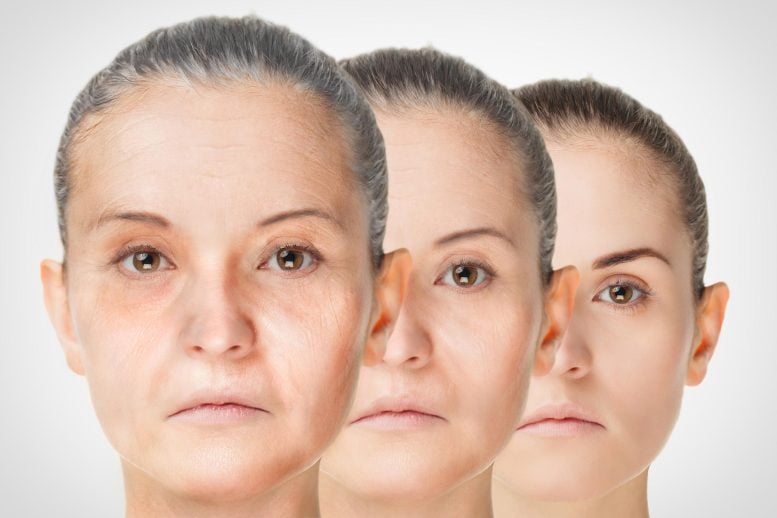
Exercise helps improve how our brain ages, researchers report.
The news that even small amounts of physical activity can provide major health benefits received a lot of attention in Norway when Norwegian University of Science and Technology (NTNU) researchers Ulrik Wisløff and Atefe R. Tari published their book Microtraining – 7 Weeks to Boost Fitness and Strength in January this year.
Now the same researchers have looked at the connection between physical activity, or being in good physical shape, and brain health. This research was conducted with colleagues from the Queensland Brain Institute in Australia.
The study, which appears in the journal The Lancet, shows that the brain definitely benefits from physical activity.
Endurance training and good fitness can reduce the risk of dementia and promote healthy brain aging.
“And it is never too late to start,” says Tari, the study’s first author.
Even small amounts of physical activity may be enough to protect the aging brain, the researchers conclude.
“We summarize research that clearly indicates that exercise is not only important for the heart, but also for the brain. Physical activity appears to be one of the most promising measures we have to prevent cognitive decline and dementia,” Tari says.
The article evaluated evidence from both animal and human studies, and shows how physical activity affects inflammation, blood flow, immune function, brain plasticity, and the release of protective molecules in the blood—processes that weaken with age and contribute to the development of neurodegenerative diseases.
“These are mechanisms that play an important role in the development of dementia and cognitive decline,” Tari says.
Tari and Wisløff are researchers at the Cardiac Exercise Research Group (CERG) at NTNU, and have previously promoted the idea that microtraining—going from no activity to incorporating small doses of pulse training into everyday life—be included in the recommendations from Norwegian health authorities.
Today, the recommendation is at least 150 minutes of moderate or 75 minutes of high intensity per week.
“Fully 50 to 70% of the population does not manage today’s activity recommendations, Wisløff says.
The researchers point out that exercising much less than what the current recommendations recommend can provide great benefits—as long as the intensity of the training is high.
Tari and Wisløff believe that this new study makes it even more important to get the message out.
“We believe it’s time for health authorities to provide clearer advice on how important exercise is for the brain. Our review shows that even small doses of high-intensity activity—equivalent to brisk walking where you can’t sing—can reduce the risk of dementia by up to 40%,” Wisløff says.
International research supports the NTNU researchers’ findings. In a commentary in Nature Medicine in January, American researchers argued that public guidelines need to be updated. Even small doses of physical activity provide health benefits.
“Today’s recommendations emphasize total activity, but we show that even small amounts of high intensity exercise have an effect on the brain. This should be communicated more clearly—it may be what motivates people to get started. A little is better than nothing—and it’s never too late to start,” says Tari.
As life expectancy increases, cognitive decline and dementia are becoming a major public health challenge. Since there is still no cure, prevention is crucial.
“Exercise is cheap, accessible and has no side effects. It should be considered a first-line measure to preserve brain health,” Tari says.
Source: Norwegian University of Science and Technology
The post Exercise can protect aging brains against dementia appeared first on Futurity.


 1 month ago
16
1 month ago
16 




.jpg.webp?itok=1zl_MpKg)





 Bengali (Bangladesh) ·
Bengali (Bangladesh) ·  English (United States) ·
English (United States) ·